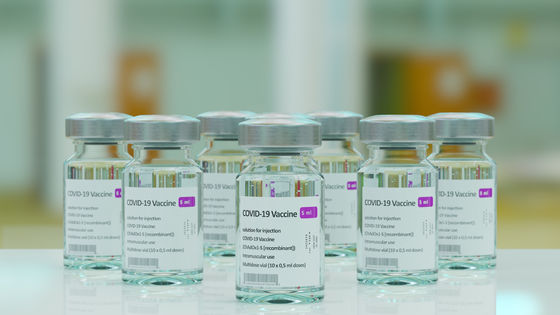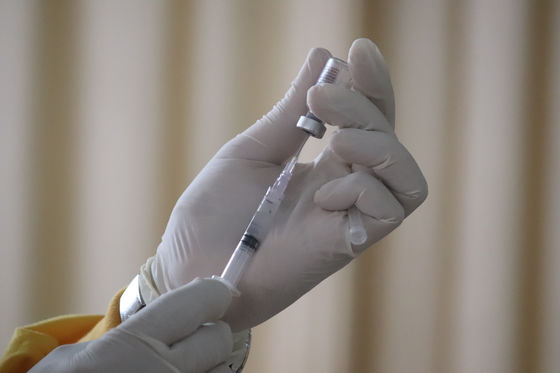Is more than 60% of the side effects of the new corona vaccine 'nosivo effect'?

The phenomenon in which harmful side effects occur from a belief even though it should be a placebo that has no effect is called the
Frequency of Adverse Events in the Placebo Arms of COVID-19 Vaccine Trials: A Systematic Review and Meta-analysis | Clinical Pharmacy and Pharmacology | JAMA Network Open | JAMA Network
https://jamanetwork.com/journals/jamanetworkopen/fullarticle/2788172
Over 60% of Adverse Reactions to COVID-19 Vaccines May Just Be The Nocebo Effect
https://www.sciencealert.com/nearly-two-thirds-of-adverse-covid-19-vaccine-reactions-might-be-due-to-the-nocebo-effect
Placebo effect accounts for more than two-thi | Eurek Alert!
https://www.eurekalert.org/news-releases/940270
According to the latest study of more than 45,000 patients, most of the side effects people experience after vaccination with the new coronavirus are due to the nocibo effect. In this study, a research team at the Beth Israel Deaconess Medical Center (BIDMC) in Boston conducted a meta-analysis of 12 randomized placebo-controlled clinical trials with up to 64 side effects of the new coronavirus vaccine. It has become clear that% may be due to the nocibo effect.
Julia W. Haas, BIDMC's placebo researcher, said, 'Collecting systematic evidence of the nocibo effect in vaccine trials will be important information for new coronavirus vaccinations around the world. In particular, concerns about side effects have been reported to be a major reason for hesitation in vaccination. '
A meta-analysis conducted by the BIDMC research team included a total of 45,380 patients, of which 22,802 were real vaccines and the remaining 22,578 were saline or other human bodies. I am being given a harmless placebo. It has not been revealed whether the patient was vaccinated or given a placebo.

After the first injection, 46.3% of vaccinated patients report systemic adverse reactions. The most common adverse reaction reported was 'headache and malaise.' In addition, 66.7% of vaccinated patients complain of local adverse reactions such as pain and swelling at the injection site. On the other hand, the placebo group who received the placebo also experienced adverse reactions, with 35.2% reporting systemic effects and 16.2% reporting local effects.
Comparing the two groups suggests that up to 76% of systemic adverse reactions reported in the first vaccination and 24% of local adverse reactions may be nocibo effects. On the other hand, the second vaccination reduced the side effects due to the nocibo effect, down to 31.8% for systemic adverse reactions and 11.8% for local adverse reactions.
In the case of normal vaccinated people, 61.4% reported systemic adverse reactions and 72.8% reported local adverse reactions at the time of the second vaccination.
Based on these results, the research team said, 'It has been suggested that up to 52% of the side effects that occur during the second vaccination are due to the nocibo effect, and in terms of conversion, 64% of the side effects that occur during vaccination are thought to be due to the nocibo effect. '. In particular, it seems that non-specific symptoms such as headache and fatigue are likely to be due to the nocibo effect.

In the case of new coronavirus vaccination, the research team says that simply telling patients that there is a nocibo effect can reduce the number of adverse reactions. 'Medicine is trust-based. Our findings reassure people who hesitate to vaccinate by letting the public know about the potential nocibo effect,' said Ted J. Kapchak, a member of the research team. , May help reduce worries when vaccinated. '
Related Posts:
in Science, Posted by logu_ii







